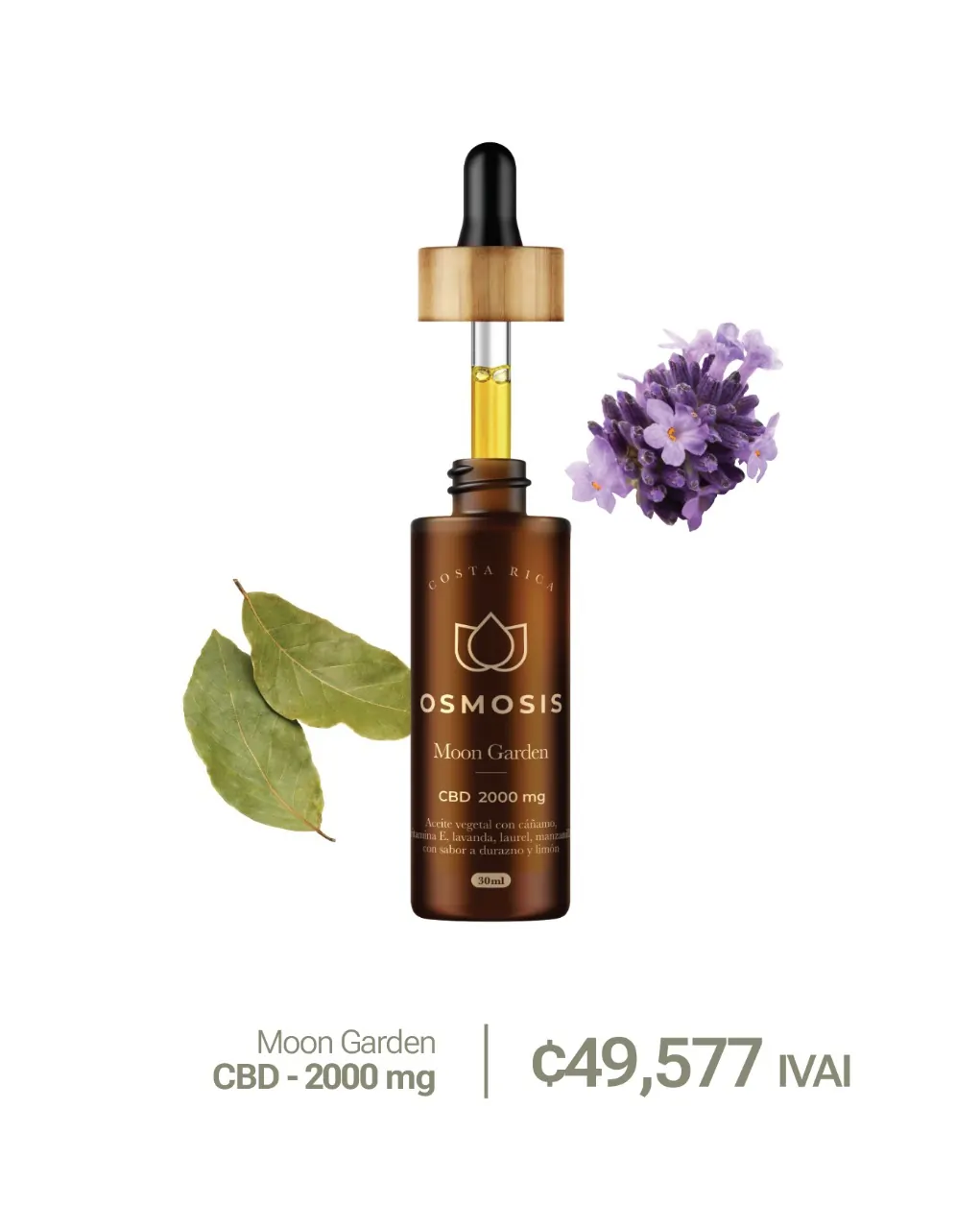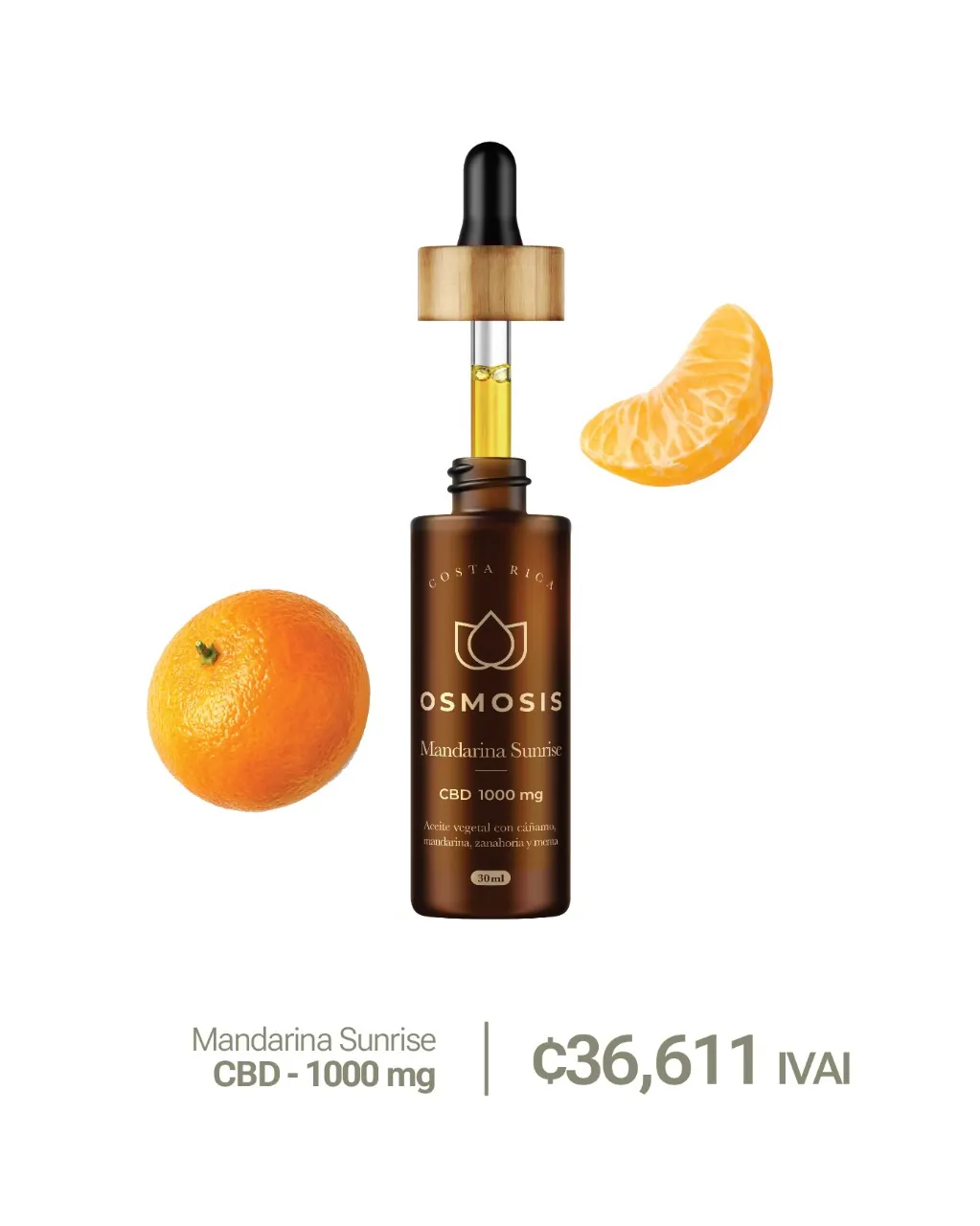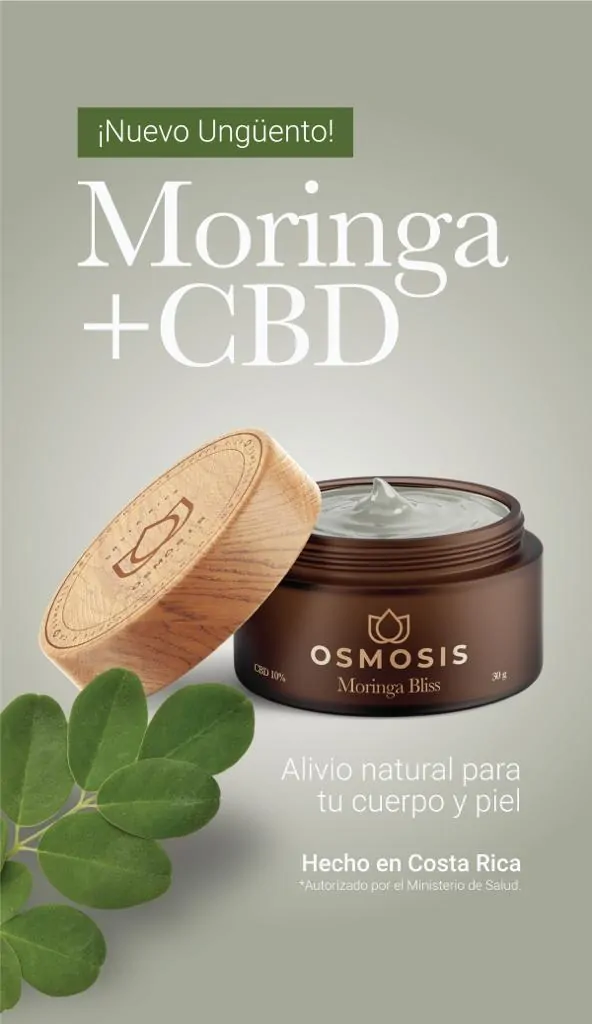Read in Spanish
Mexico City. On the eve of the famous “Dia de Muertos” the SCJN (Supreme Court of Justice of the Nation) gave legal protection (Amparo) in a court of appeals to two Ministers of the court.
In Mexico there is a legal tool called “Amparo”, which has a resemblance to an appeals case, but what makes the “Amparo” a unique tool in legal systems is that Mexico created this tool in order to solve Constitutional Controversies or Human Rights Violations.
*The official translation for Amparo is Legal Protection*
The SCJN, also known as “The Court” is the supreme organ for the Judicial Power of the Federation in matters of jurisdiction, and its conformed by 11 ministers with an electoral term of 15 years. It functions in full or by rooms. This Protection was held in rooms, therefore only 5 ministers voted.
With 4 votes in favour and 1 against, the projects of ministers Norma Lucia Piña and Arturo Zaldivar were approved. The ministers fought in court to demonstrate that the prohibition of cannabis is unconstitutional. This case met their objective in creating jurisprudence.
JURISPRUDENCE. … In the case of Mexico, the judicial jurisprudence is the interpretation of the law, firm, reiterated and of obligatory observance, that emanates from the executions pronounced by the Supreme Court of Justice of the Nation, functioning in full or by rooms, and by the Collegiate Circuit Courts.
In layman’s terms, jurisprudence in Mexico is the legal and judicial method that the citizens have, by the means of a lawyer, in which a constitutional controversy can be solved.
A Constitutional Controversy in Mexico is a type of trial where the SCJN manages to solve conflicts between state powers, federal powers, and state organs, of competent invasion or any type of violation towards the Federal Constitution. Using this argument and trial method, the ministers were able to rule in favor of legalization, stating that the prohibition of cannabis goes against the constitution.
México Unido contra la Delincuencia AC, or Mexico United against Crime, a civil association, declared that this with the previous 5 protection trials, marks the beginning for the regulation of drugs on behalf of the government stating that planting, carrying, consuming, or producing both paraphernalia and cannabis, are rights that are imperceptible and that the ruling of the SCJN is a huge step forward in the battling of corruption and narco trafficking in the country.
Lawyer Andres Aguinaco stated that “all conditions have been met under constitutional terms, in order to integrate jurisprudence in this matter, forcing all judges of the Judicial Power of the Federation to respect the dignity of the human rights of cannabis consumers.
These two cases of legal protection or Amparos also force COFEPRIS (Federal Commission for the Protection against Sanitary Risk) to resolve efficiently the over 300 cases of legal protection or amparo, that have been solicited since 2016.
Furthermore, the soon to be chancillier of foreign relations Marcelo Ebrard affirmed that with these two cases of legal protection, cannabis legalization is just around the corner. Alluding to Canada’s cannabis legalization last week, Ebrard ( perhaps the closest man to president elect Andres Manuel Lopez Obrador) stated that cannabis legalization can help the massive problem of overcrowded prisons in Mexico due to the fact that over 9,000 inmates have been incarcerated due to topics related with cannabis use and trafficking.
This is a fundamental question for the legalization in Mexico, because of the fact that more than half of the 9.000 inmates had their human rights violated and the penal processes were incomplete of corrupted, and to this we add that over 60% of these inmates were incarcerated for a quantity of 500 pesos or less, and this is a clear message that the people going to jail for cannabis are not the huge drug lords, but instead are regular frequent consumers.
Fact: In Mexico over 60% of inmates denounce that there was a flaw in their legal process due to either corruption or omission by the police, and that these 60% of inmates were incarcerated due to quantities of 500 pesos or less of “merchandise”.
–
Follow us on Instagram





